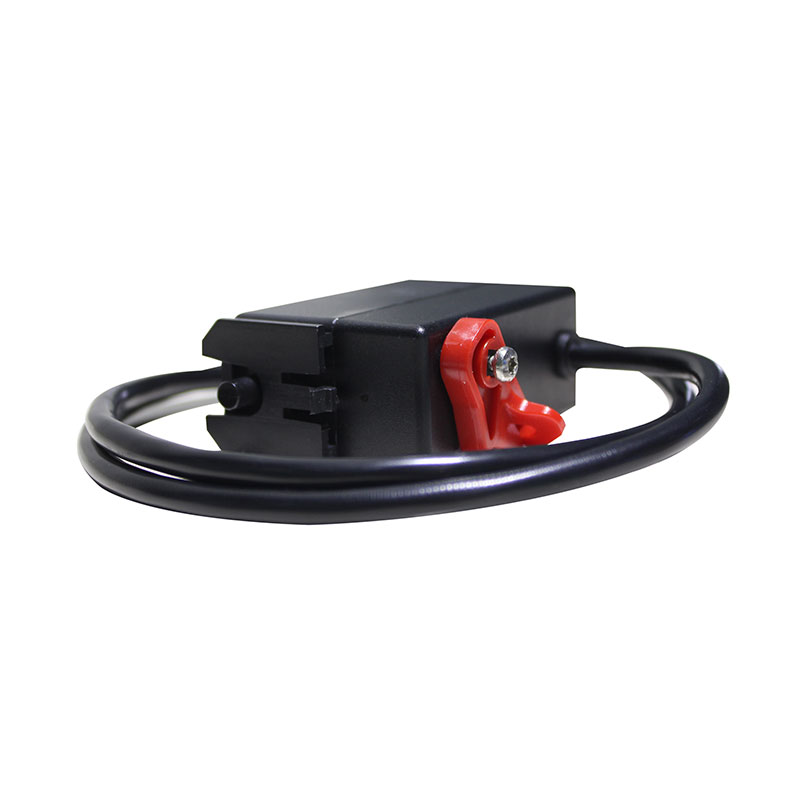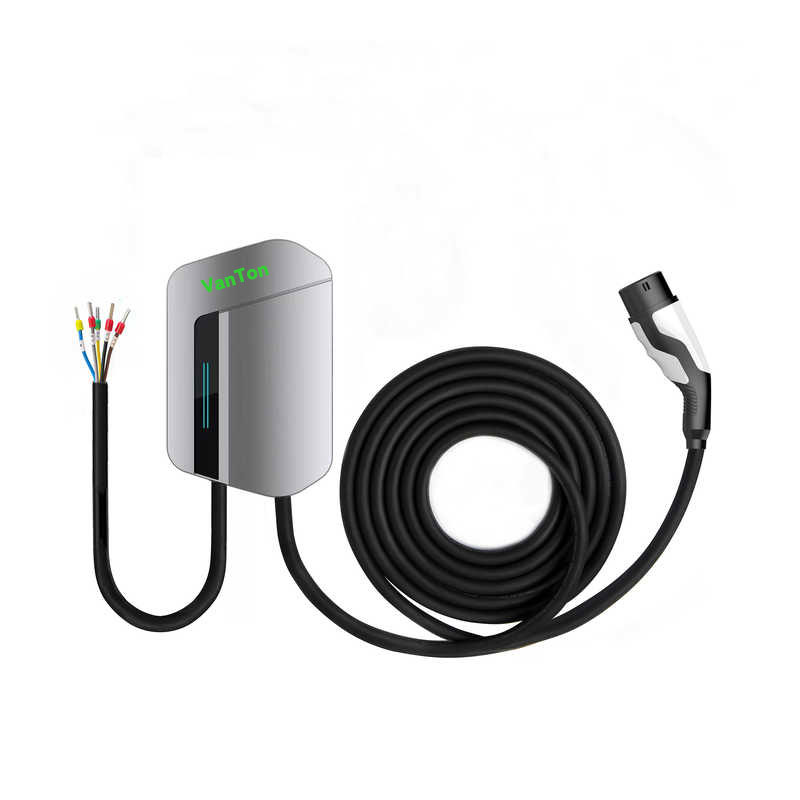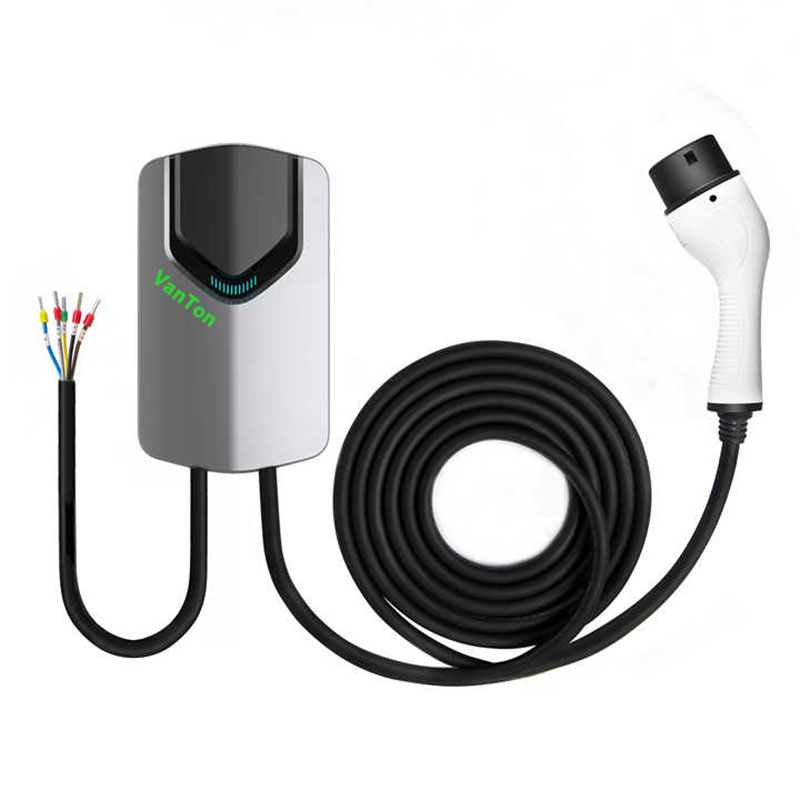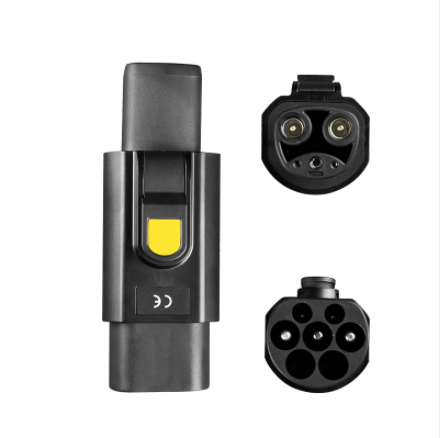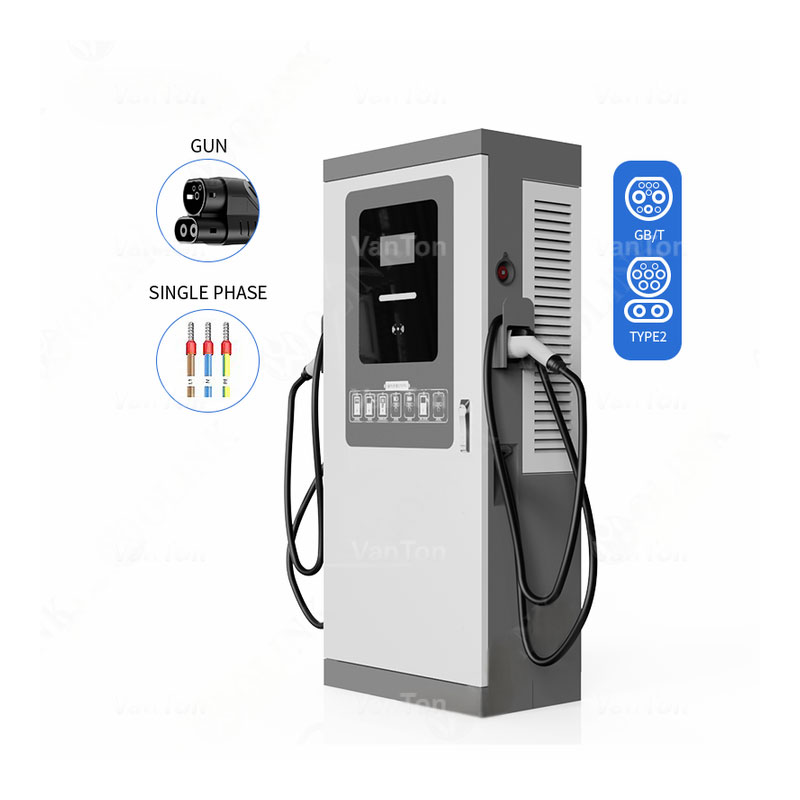What Makes Electronic Locks the Future of Modern Security?
In today’s rapidly evolving security landscape, the electronic lock has become one of the most reliable and advanced systems for securing residential, commercial, and industrial spaces. Unlike traditional mechanical locks that rely on physical keys, electronic locks utilize digital authentication methods such as keypads, RFID cards, biometric recognition, or smartphone applications to grant or restrict access. This technology offers a new level of control, convenience, and monitoring that mechanical systems cannot provide.
So, what exactly is an electronic lock? It is a digitally controlled locking device powered by electricity—either through batteries, power supply, or hybrid energy systems. Depending on its type, the electronic lock may operate via mechanical bolts, magnetic forces, or motorized latches that engage or disengage when the user provides valid authentication.
Electronic locks are increasingly integrated into smart homes, offices, hotels, hospitals, warehouses, and government facilities. They provide not just security but also data-driven insights—such as access logs, remote management, and user permissions—that help organizations maintain control over who enters and exits their premises.
Key benefits of electronic locks include:
-
Keyless convenience: Eliminate the need for physical keys.
-
Multi-user management: Grant or revoke access easily through digital interfaces.
-
Enhanced security: Encryption and biometric options make unauthorized entry almost impossible.
-
Smart integration: Compatible with IoT systems and building automation platforms.
-
Audit trails: Track user access in real time for improved accountability.
Electronic locks represent more than a security tool—they are a technological evolution that redefines how people protect their properties in a connected world.
What Types of Electronic Locks Exist and Where Are They Used?
There are many types of electronic locks designed for specific environments and security levels. Understanding their functions helps businesses and homeowners choose the right product for their needs.
Common Types of Electronic Locks
-
RFID Card Locks
These are widely used in hotels and office buildings. Users gain access by tapping a registered RFID card against the lock reader. The system is quick, secure, and easy to manage for large numbers of users. -
Keypad Locks
Ideal for both residential and commercial spaces, keypad locks require a PIN code for entry. Some models allow multiple PINs for different users, providing flexibility and control. -
Biometric Locks
Biometric locks use fingerprints, facial recognition, or even iris scans for authentication. They are popular in high-security zones such as laboratories, research facilities, and corporate data centers. -
Smart Wi-Fi/Bluetooth Locks
These locks connect to mobile apps or home automation systems. Users can unlock doors remotely, check activity logs, and even issue temporary access codes for guests or employees. -
Magnetic and Electromechanical Locks
Common in industrial and commercial buildings, these systems use electromagnetic force or motor-driven bolts to secure doors. They are known for their strength, durability, and ability to integrate with fire or alarm systems.
Applications of Electronic Locks
-
Residential Security: Smart locks enhance home convenience and safety.
-
Hospitality Industry: Hotels prefer RFID or smart card locks for easy guest management.
-
Corporate Offices: Access control systems combine electronic locks with employee ID systems.
-
Healthcare Facilities: Secure medication cabinets and restricted areas with biometric locks.
-
Warehouses and Factories: Electronic locks integrate with alarm systems for asset protection.
Technical Specifications of Electronic Locks
| Parameter | Specification Options |
|---|---|
| Material | Zinc alloy, stainless steel, ABS plastic |
| Power Supply | DC 6V – 12V, battery (AA/AAA), or wired connection |
| Authentication Methods | RFID card, PIN code, fingerprint, facial recognition, smartphone app |
| Communication Mode | Bluetooth, Wi-Fi, ZigBee, or RS485 |
| Working Temperature | -20°C to 60°C |
| Lock Type | Deadbolt, latch bolt, rim lock, mortise, magnetic |
| Backup Access | Mechanical key override or emergency power supply |
| Durability Rating | 100,000+ locking/unlocking cycles |
Selecting the right electronic lock depends on several variables—location, security requirements, connectivity, and user volume. For example, a luxury hotel may prioritize RFID and smartphone access, while a data center would rely on biometric or dual-authentication systems for maximum protection.
What Are the Advantages of Using Electronic Locks Over Traditional Locks?
The growing adoption of electronic locks stems from their ability to solve many limitations of mechanical systems. Below are the major reasons why organizations and homeowners are shifting to electronic security.
Enhanced Access Control
Electronic locks enable selective entry permissions—you can grant or revoke access instantly. This is essential for offices with rotating staff or rental properties where access must be time-limited.
Improved Security Features
-
Encryption technology: Prevents code interception or duplication.
-
Tamper alarms: Trigger alerts during forced entry attempts.
-
Auto-locking systems: Ensure doors relock automatically after entry.
-
Audit trail: Records each access event, which is valuable for compliance and investigations.
Convenience and Smart Integration
With smart lock systems, users can unlock doors through mobile apps or voice assistants. Property owners can receive instant notifications about entry or lock status. Integration with IoT networks and building management systems brings automation to a new level.
Durability and Cost Efficiency
High-quality electronic locks are built from corrosion-resistant materials and designed for long-term use. While the initial investment may be higher than mechanical locks, the savings from reduced key management, enhanced security, and fewer replacements make them cost-effective over time.
Sustainability and Energy Efficiency
Many electronic locks feature low-power consumption and battery-saving modes, supporting sustainability goals. Some systems can even operate for up to two years on standard batteries.
Common FAQs About Electronic Locks
Q1: What happens if the electronic lock loses power?
A: Most electronic locks are equipped with a backup power option—either an emergency battery port or a mechanical key override. In smart models, external charging ports or power banks can temporarily power the device until the main source is restored.
Q2: What maintenance is required for electronic locks?
A: Maintenance is minimal. Users should check the battery level regularly, clean sensor areas (for biometric locks), and ensure firmware is updated if the lock supports Wi-Fi or Bluetooth. Annual inspections of wiring and hardware are recommended for heavy-use environments.
What Does the Future Hold for Electronic Lock Technology?
As security needs become more complex, electronic locks are evolving with smarter technologies that blend convenience, safety, and data analytics.
Trends Shaping the Future of Electronic Locks
-
Integration with Smart Homes and IoT Systems: The latest locks connect seamlessly with security cameras, lighting systems, and voice assistants such as Alexa or Google Home.
-
AI-Powered Access Control: Predictive algorithms analyze access patterns to detect unusual activity and trigger alerts.
-
Biometric Advancements: Fingerprint and facial recognition accuracy continue to improve, reducing false rejections and enhancing user experience.
-
Cloud Management Platforms: Centralized control for multiple facilities allows real-time monitoring, updates, and analytics from anywhere.
-
Eco-friendly Designs: Energy-efficient chips and recyclable materials are becoming standard in lock manufacturing.
Why Electronic Locks Are Here to Stay
Electronic locks address the critical balance between security and convenience. From small homes to large enterprises, these systems provide scalable solutions that evolve with user needs. Their ability to integrate with digital platforms makes them indispensable for smart environments where every action is connected and measurable.
At VanTon, we are dedicated to delivering high-quality electronic locks that combine intelligent design, durability, and advanced security. Our range of products includes smart locks, biometric locks, RFID systems, and industrial-grade solutions, each engineered to meet international safety standards. We continuously innovate to ensure our clients receive dependable protection with seamless technology integration.
Whether you are upgrading your home security or managing complex access systems for commercial buildings, VanTon provides customized solutions tailored to your requirements. To learn more about our products or request a quote, contact us today and let our experts help you choose the ideal electronic lock system for your space.
- What Makes a Type 2 Portable EV Charger Essential for Modern EV Owners?
- How Can Wall Mounted AC Charging Piles Revolutionize EV Charging?
- What Is an EV Charger Adapter and Why Is It Essential for Your Electric Vehicle?
- Why invest in a DC EV Fast Charger?
- Why Is a DC EV Charger the Smart Choice for Commercial Fast Charging?
- Is a 60KW DC EV Fast Charger Floor-mounted Charging Station the smartest way to scale public EV charging without breaking your budget?


